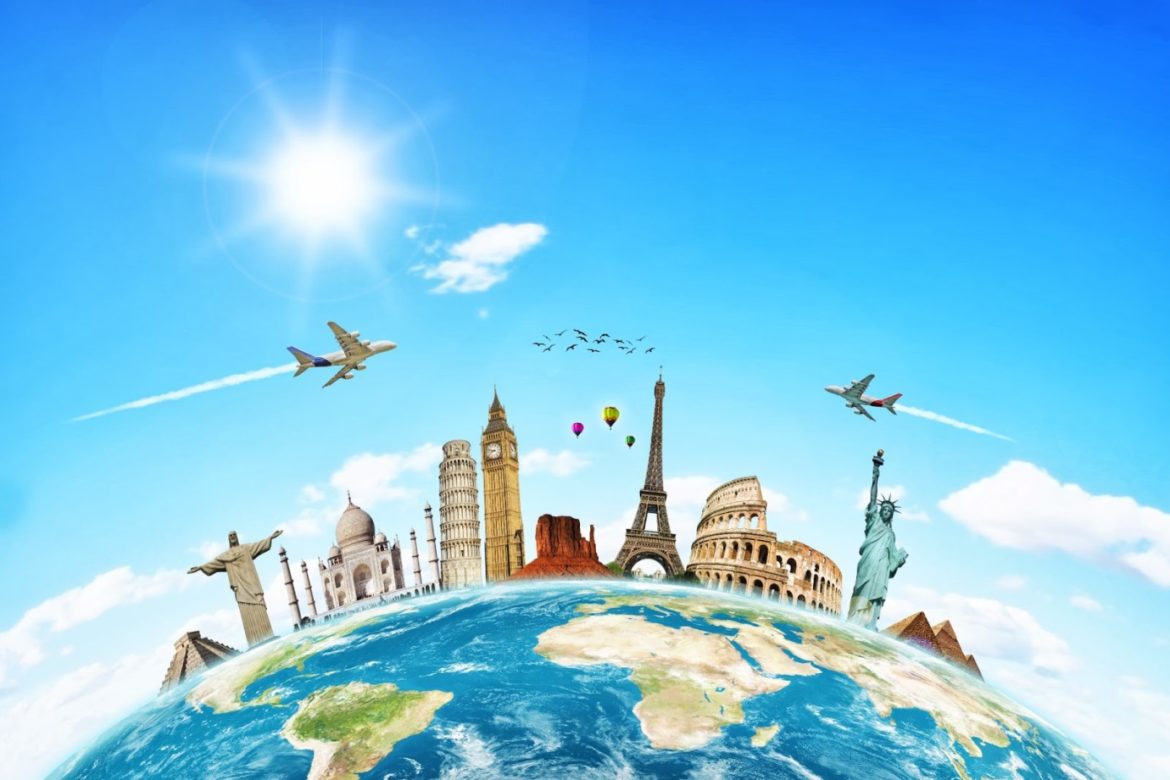If you can’t afford travel insurance, then you can’t afford to travel
Is it true?
For those who never travel with it, you’ll hear things like “Oh, it doesn’t matter if you lose your bags, just travel light with stuff you can afford to replace” or “Medical bills in South East Asia are pretty cheap if you get need to get over Bali belly” or our favourite “Travel insurance companies will just tell you the horror stories to get you to buy insurance”.
The last one is unashamedly true. We absolutely want you to know we’ve had to deal with thousands of emergencies and evacuations over the years. We want you to know that without travel insurance, an emergency evacuation can cost in excess of USD$100,000.
In most cases your travels with go without a hitch. You’ll not have to experience the nightmare of being seriously ill or injured in a foreign country. But if you do, the last thing you want is not having the support or financial means by which to get treated and flown home.
For that alone, travel insurance is worth every cent.
It can however be a little confusing, so let’s try and demystify travel insurance. At World Nomads, we aim to present insurance terms with clarity, however there are times when certain terms will have various restrictions, limits and exclusions, which only the description of coverage (policy wording) can fully explain.
The 5 key parts of travel insurance
Travel insurance is ultimately a legal contract created by lawyers and you should spend the time to read the fine print and description of coverage (policy wording) thoroughly and ask questions if you don’t understand what you’re covered for.
Here we outline simply what each major part actually does:
-
Medical Emergencies & Evacuation
As mentioned above, If there is one reason to buy travel insurance, this is it.
Hospital costs in the USA can approach $10,000 per day, while emergency transport home for treatment (medical evacuation) can easily exceed $100,000. Definitely take the time to read this part in detail, especially the areas of cover for emergency evacuation, limits on medical expenses and cover for emergency dental work. Also make careful note of the general exclusions, which are outlined in the description of coverage (policy wording).
-
Trip cancellation
This covers you for costs if you suddenly find you can’t go on your trip for some unforeseen reason such as illness, an accident or a death of a close relative. The important thing to remember here is that for this section to be useful, you have to buy travel insurance when you start booking tickets and not the week before you leave.
Not all travel insurance plans cover cancellation, and only some cover your non-refundable, pre-booked costs if your trip is interrupted after you’ve left home, so please read the description of coverage (policy wording) relevant to you carefully.
-
Baggage & personal belongings
While loss of your personal belongings is often the main reason most people buy travel insurance, it is arguably the least important: your things can be replaced but your health often can’t. World Nomads expects you to take ‘reasonable care’ of your belongings which means a claim may be denied if you leave your camera in a shared room in a hostel or in your car overnight (unsupervised in a public place) and it’s stolen.
If you are taking your laptop, camera and other valuables with you, some of our travel insurance plans allow you to specify these items to cover their higher value. Check your policy benefits and description of coverage (policy wording) carefully for the limits on this cover and exclusions, particularly for cash, high value items and sporting equipment.
-
Personal liability
First off this is not insurance for liability while you are driving your car. If you are involved in an accident or accidentally cause damage and are held accountable for it, insurance can cover your liability and legal expenses. Once again not all World Nomads insurers offer this type of cover so please read the description of coverage (policy wording) relevant to you.
-
Coming home early & resuming your trip
Travel insurance usually ends the minute you arrive home, so if you have bought a policy for 12 months and come home after 4, you aren’t entitled to a refund on the ‘unused’ portion. For some of our policies, you can resume your trip on the same policy; you just won’t be covered for the time you’re at home. Read the description of coverage (policy wording) and look at the clauses for period of cover and the terms “medical evacuation”, “trip interruption” or “curtailment” for details on when you may be covered for expenses if you have to return home early (and always read the exclusions to cover carefully).
Not all travel insurance is the same.
All travel insurance policies have specific benefits and exclusions so it’s common sense, imperative, and absolutely necessary to take the time to read the policy wording carefully. These vary depending depending on which country you are from, so please take the time and always assure about everything.
Source: worldnomads










